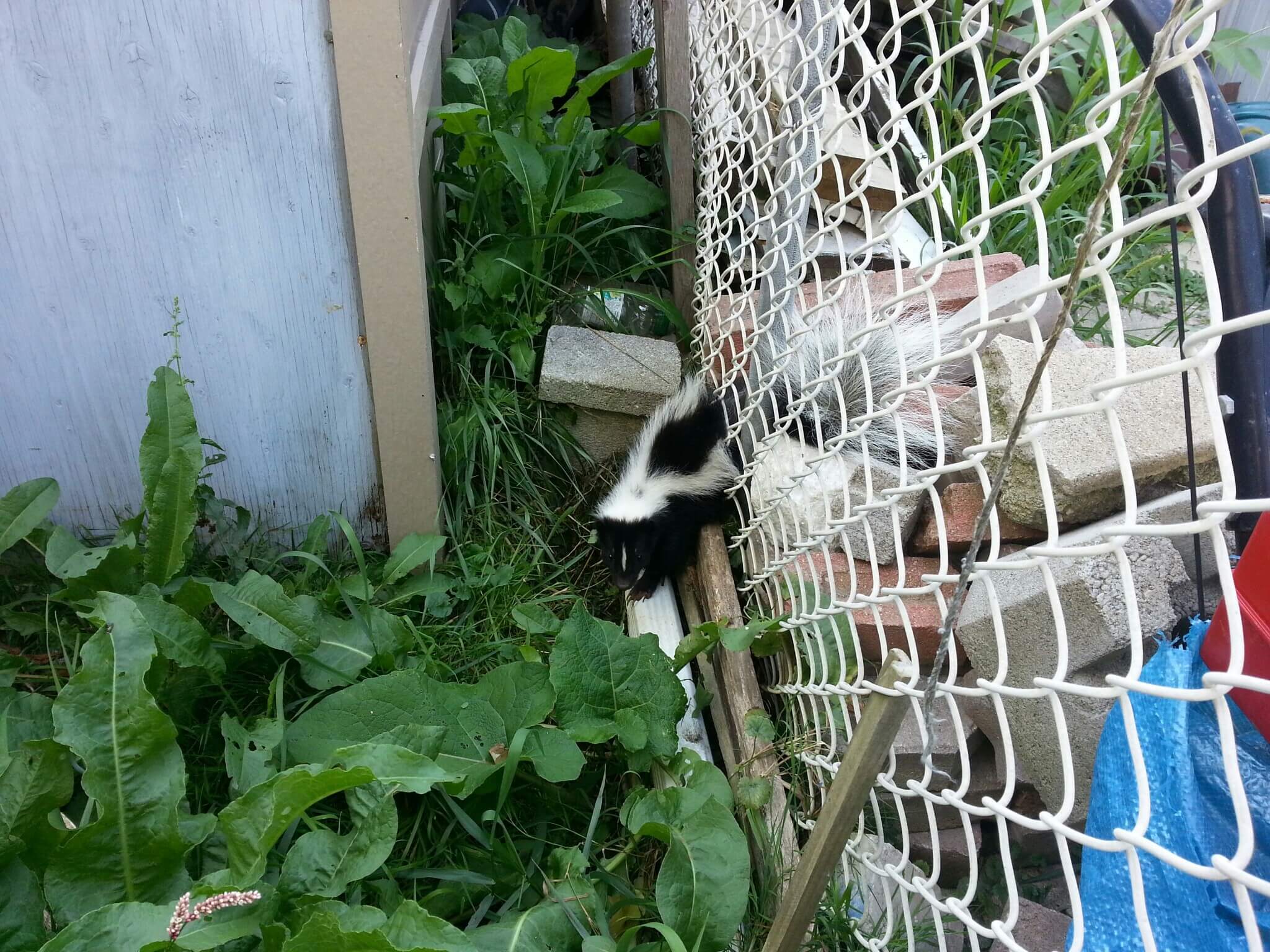Many people fall firmly on either side of the cats versus dogs debate. Those who prefer dogs and despise cats typically see cats as uptight and self-righteous. However, for feline lovers everywhere, there is no better animal than the purring furball with whiskers. Cat owners usually spoil their pets and want nothing but the best for them. Many claim they will sacrifice everything to protect their furbaby and keep them safe. Still, those same affectionate owners allow their cats to go outside, where any skunk removal expert knows dangers lurk.
1. Keep Pets Indoors
Domesticated animals, including both dogs and cats, do not have what it takes to survive in the wild. Neither animal understands the warning signs of wildlife, and they often let curiosity get the better of them.
Cats might like the sun and the fresh air, but that does not mean you have to give them free rein. Dogs typically go outside in a pen or on a leash, so why should your cat be any different? If you want your pet to have some outdoor time, buy them a catio — an outdoor enclosure that keeps the pet separated from potential threats. Also, consider opening a window with a screen. The cat will likely love sitting in front of the window just as much as going out in a catio. Keeping your pet indoors is the only way to ensure they are safe from wildlife and won’t get sprayed by skunks.
2. Keep Pet Food Indoors
Skunks are foragers, meaning they search for food. The food might be wild berries or seeds, but it can also be trash or pet food. Many people feed their dogs and sometimes cats outside, meaning there are animal dishes outside enticing wildlife.
Skunks are not picky eaters. If you leave some cat food on a plate or dog food in a bowl, they will find it. They will also continue coming back to see if there is more. Do not feed your pets outside. However, if you must, make sure you clean up when they are finished and pick up any scraps left on the ground.
3. Focus on Yard Maintenance
Skunks build dens. If your yard is overgrown or contains a lot of debris, a skunk can feel very comfortable. Tall grass can hide the animal from predators, and yard debris like dead branches and leaves provide potential shelter and camouflage.
Keeping your yard nice and manicured limits available hiding spaces and makes the area uncomfortable for wildlife. You should also ensure that any shrubs, bushes, or plantings are several feet away from the house’s structure.
4. Eliminate Access Under Structures
Skunks create dens by digging or finding spaces under structures where they can feel safe. Many people find skunks under decks, sheds, or even in crawlspaces. To protect your pets against skunk spray, you should focus on eliminating under-structure access. You can use wooden boards or wire mesh to block the areas. However, you will need to ensure that no wildlife is currently living under the structure to avoid trapping them.
5. Call a Wildlife Control Professional
If you suspect you have skunks around your property or want to prevent skunks from entering your property, call wildlife control in Madison. These services can send out technicians to assess your yard, home, and overall property to determine any weak points in yard design. They can also let you know if you already have a wildlife problem.
If you want to keep your cat and other pets safe, contact Skedaddle Humane Wildlife Control. The company will send out a wildlife expert to evaluate your property and provide any insight while discussing service options.




